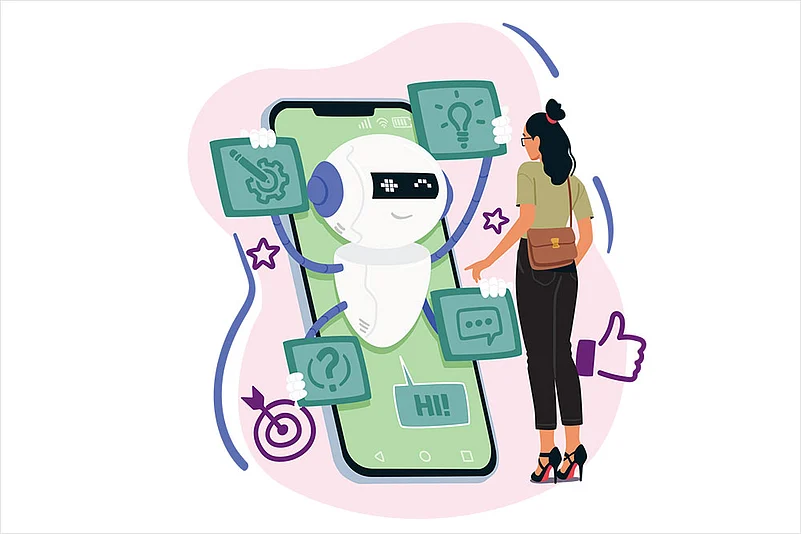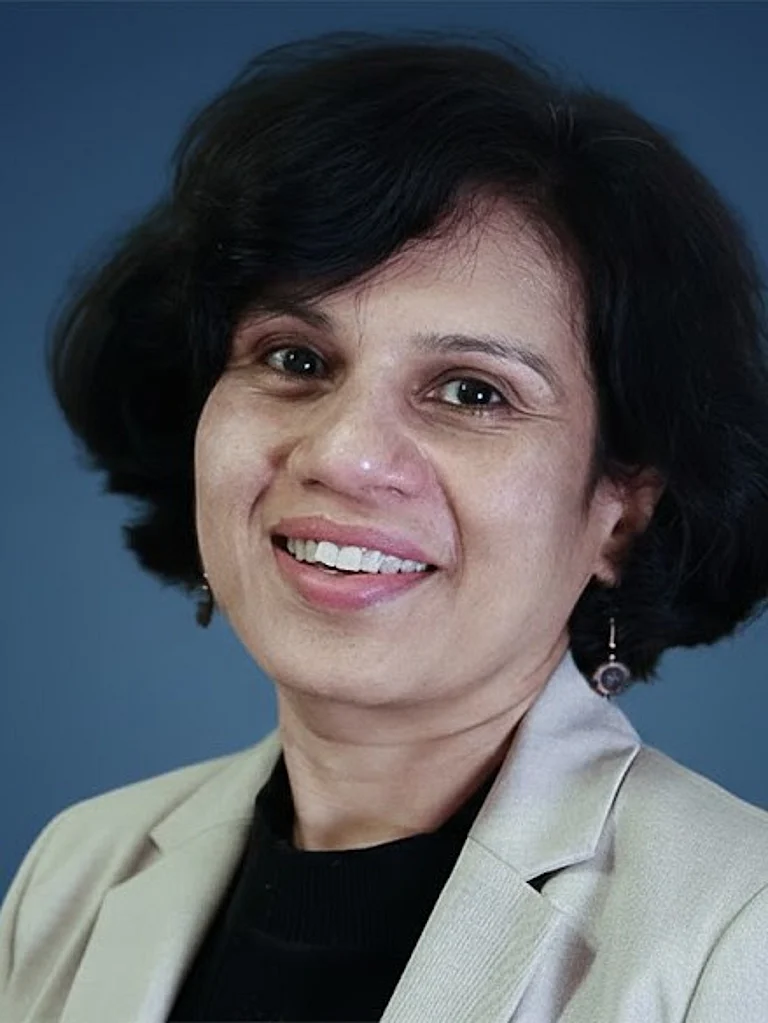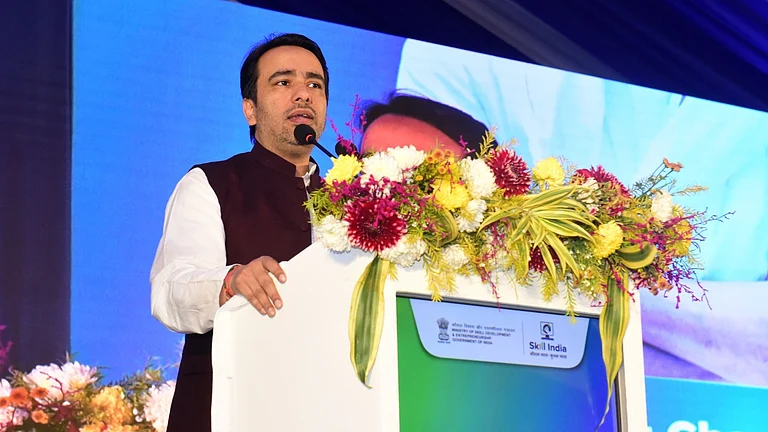When I embarked on my Microsoft journey 24 years ago, technology was already a game changer, bringing more women into the workforce and leadership roles, especially in India. A quarter of a century later, we stand at the edge of another revolution. AI is no longer just a tool, it’s a force multiplier, unlocking opportunities for women across cultures, industries and socio-economic backgrounds.
From classrooms to boardrooms, AI is rewriting the script, empowering women to achieve more and lead the charge towards a more inclusive future. AI is breaking down knowledge barriers, democratising access to information and giving women the tools to rise and lead.
Skills and AI
Take Seema Chavan, a sugarcane farmer in rural Maharashtra, who once relied on traditional farming methods with little room for precision. Today, with the help of the Agripilot.ai app on her mobile phone, she makes informed decisions on irrigation, fertilisation and pest control, ensuring optimal crop health while reducing soil degradation. Her newfound ally? AI-driven insights that put her in control of her farm’s future.
Then there is Jui Shrikant Bidaye, whose dreams took her from aspiring to play kabaddi to thriving in technology. Encouraged by her parents and inspired by video games, she joined Microsoft and SAP’s TechSaksham programme, which helped her land an internship at Genpact. Now, she works with AI tools, aiming for a permanent job after graduating in 2025.
Bidaye’s journey showcases how AI is lowering entry barriers, empowering women to step into industries where they were once underrepresented. Her story, and many like hers, signal a shift, where AI is not just creating opportunities but redefining them.
AI can free up 90 minutes a week—time that matters for women balancing careers and caregiving. AI is helping women As mentor and coach
While pioneers like Chavan and Bidaye are embracing AI, millions are still figuring out how to begin their AI journey. India’s AI-first vision, aligned with its goal of becoming a developed nation by 2047, hinges on preparing people for an AI-powered future. Skilling is vital for employability, and LinkedIn data suggests that hiring skills in India increases the talent pool for women by 29% more than men in traditionally underrepresented jobs.
At Microsoft, we are committed to making AI skills accessible. In 2024 alone, we upskilled 2mn people in AI—65% of them women. Now, we are raising the bar, aiming to train 10mn more people in AI by 2030. With AI breaking language barriers and reaching every corner of the country, women from diverse backgrounds will be the biggest beneficiaries of this wave of skilling and empowerment.
By and For Women
Across industries, AI is catalysing transformation at an unprecedented pace. From health care to finance, from education to governance, AI is creating an ecosystem where women can take control of their future while also shaping a better world for others. For instance, AI-driven solutions address critical health challenges faced by women in India, such as maternal health and cervical cancer screening, empowering women to take charge of their health.
Apollo Hospitals’ use of health care Copilots [one of Microsoft’s AI-powered tools] for clinicians, patients, nurses and hospital operations is a prime example of AI boosting productivity and efficiency, leading to better patient care and risk predictors.
For me, AI has become a whole new way of working. I start my day asking my Copilot what to focus on—helping me prioritise key areas. It sharpens my prep for meetings, giving me deeper insights and better context. Throughout the day, it’s my brainstorming partner, whether I need to craft compelling content or explore fresh ideas. And when the day winds down, AI helps me catch up on what I missed, ensuring nothing slips through the cracks.
AI can free up 90 minutes a week—time that matters for women balancing careers and caregiving. More than automation, it’s about making space for leadership, growth or just a moment to recharge. As a mentor and coach, AI is helping women gain skills, navigate careers and drive workplace equity.
The Time is Now
India is leading the global AI adoption wave. According to the Microsoft Online Survey 2025, 65% Indian respondents have used generative AI—more than double the global average of 31%. This enthusiasm is driving economic participation, leadership and innovation among women at an unprecedented scale.
Over the past two–three years, we’ve seen a growing number of women taking on leadership roles in AI research, development and entrepreneurship. Women’s role in AI goes beyond participation—they bring the emotional intelligence needed to shape more human-centric large language models.
As AI transforms industries, their insights will drive innovation, inclusivity and a more balanced future. So, as we celebrate International Women’s Day, let’s champion a future where AI is not just for women but by women. A future where AI is an enabler, a partner and a catalyst for change.
The writer is managing director, Microsoft India and South Asia











